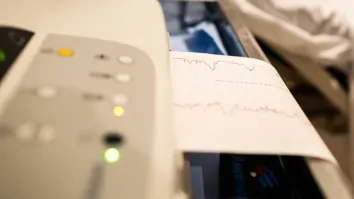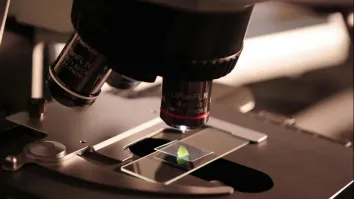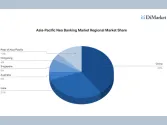
Mobile health monitoring apps rake in billions as Asian users surge
Blood pressure monitors are the biggest winners.
The region’s mobile health market will grow at a breakneck pace in coming years as more Asian users fall prey to lifestyle-based diseases, a new report revealed.
According to Allied Market Research, the Asia Pacific mHealth market will grow at a compound annual growth rate (CAGR) of 35.8% from 2015-2020. The sector was valued at $2.3 billion in 2014.
“This growth is primarily driven by active government initiatives and the rising adoption of smartphones in Asia-pacific region. Presently, the market is witnessing a resurgence due to the increasing disposable incomes and the growing adoption of mobile phones. Moreover, a similar trend is observed in developing countries like India and Indonesia. However, factors such as consumers affordability, access to healthcare services and inaccuracy in results arising from discrepancies in devices would limit the growth of the market,” the report noted.
Amongst the key growth drivers are China and India. Both countries has an approximate diabetes count of 150 million patients, and the need for regular health monitoring and treatment would be addressed by launch of smartphone-based medical devices.
The market is segmented into devices, services, application, stakeholders and geography. At present, the blood pressure monitors segment holds a dominant share; however, the blood glucose meters segment is estimated to register the fastest growth in the Asia Pacific mHealth devices market.
“The growing prevalence of lifestyle diseases such as diabetes, obesity, hypertension, chronic obstructive pulmonary disease (COPD) and obstructive sleep apnea (OSA), in Asia Pacific region, creates an impending need of technologically advanced platforms for the prevention and treatment of these diseases,” the report said.



















 Advertise
Advertise






